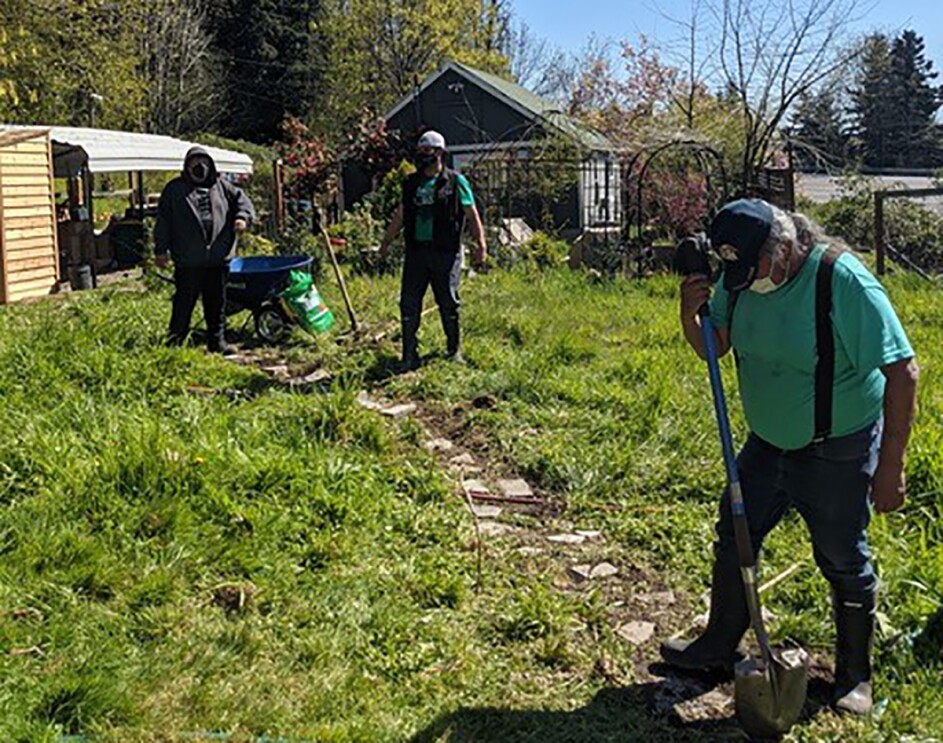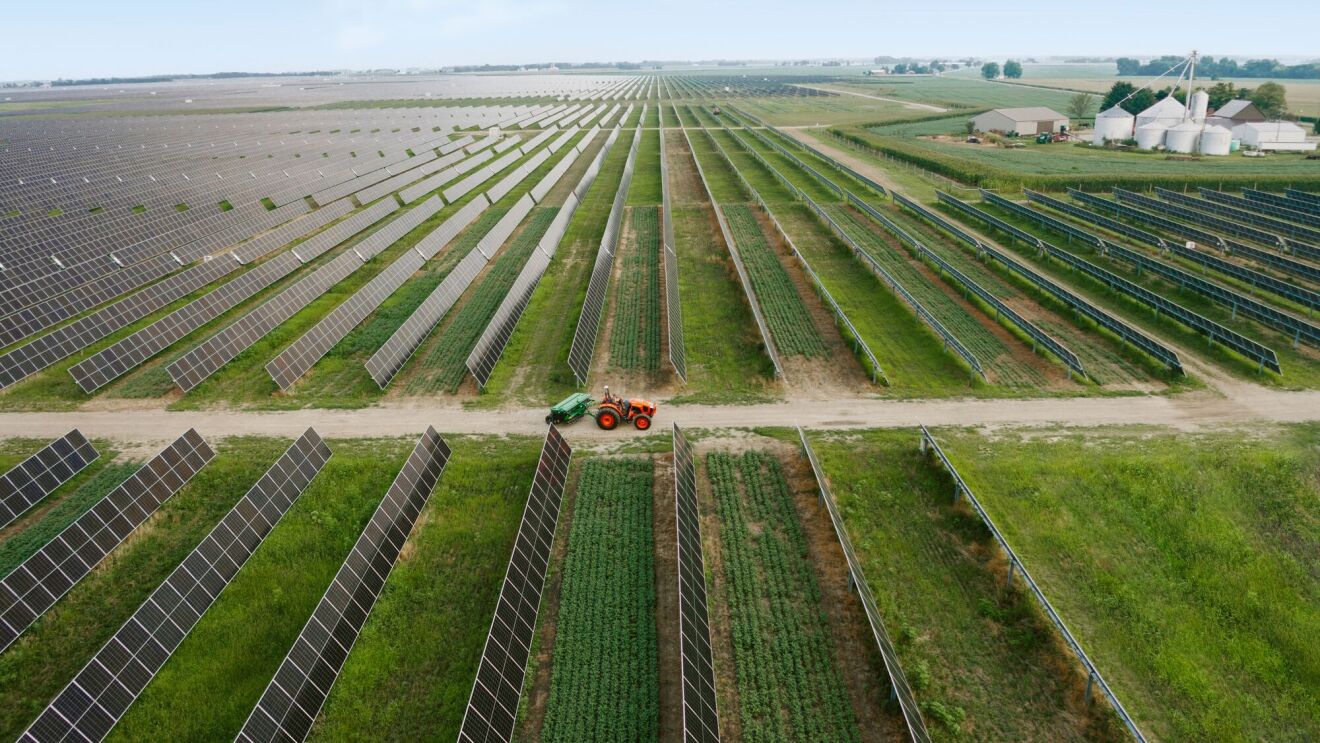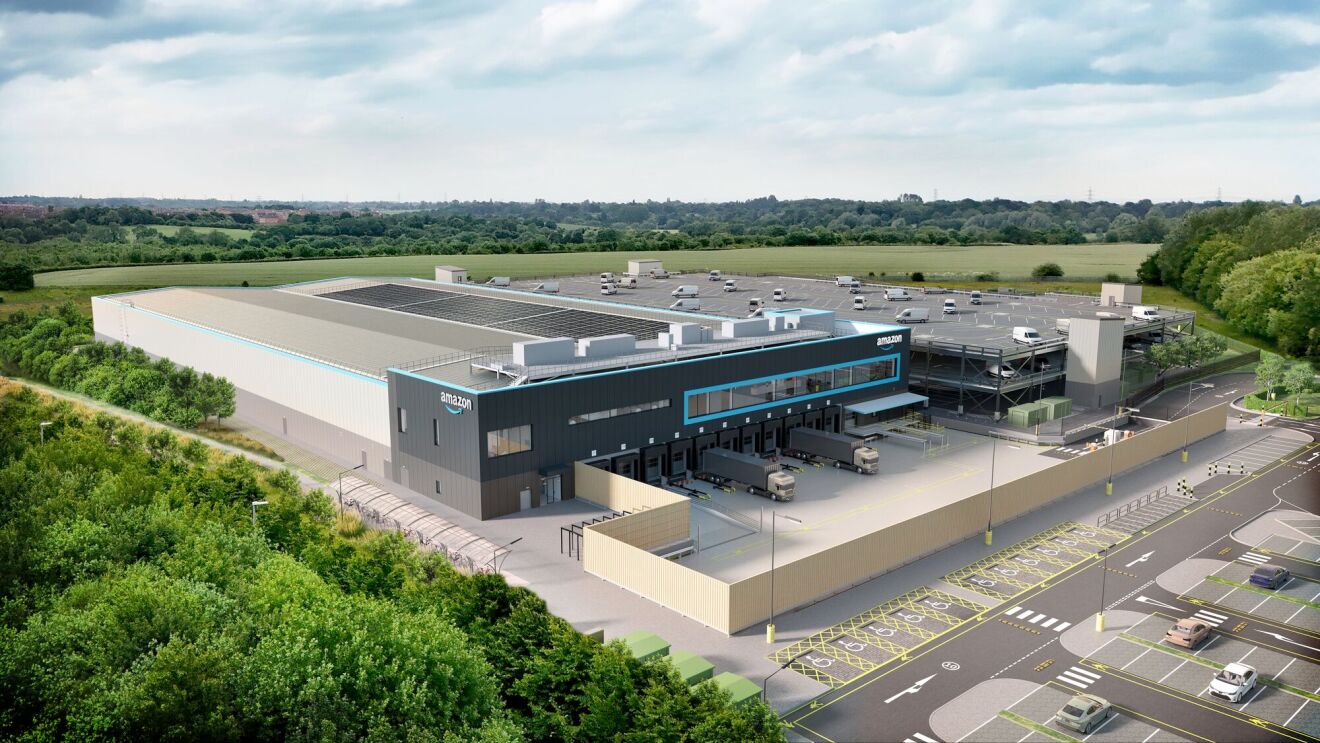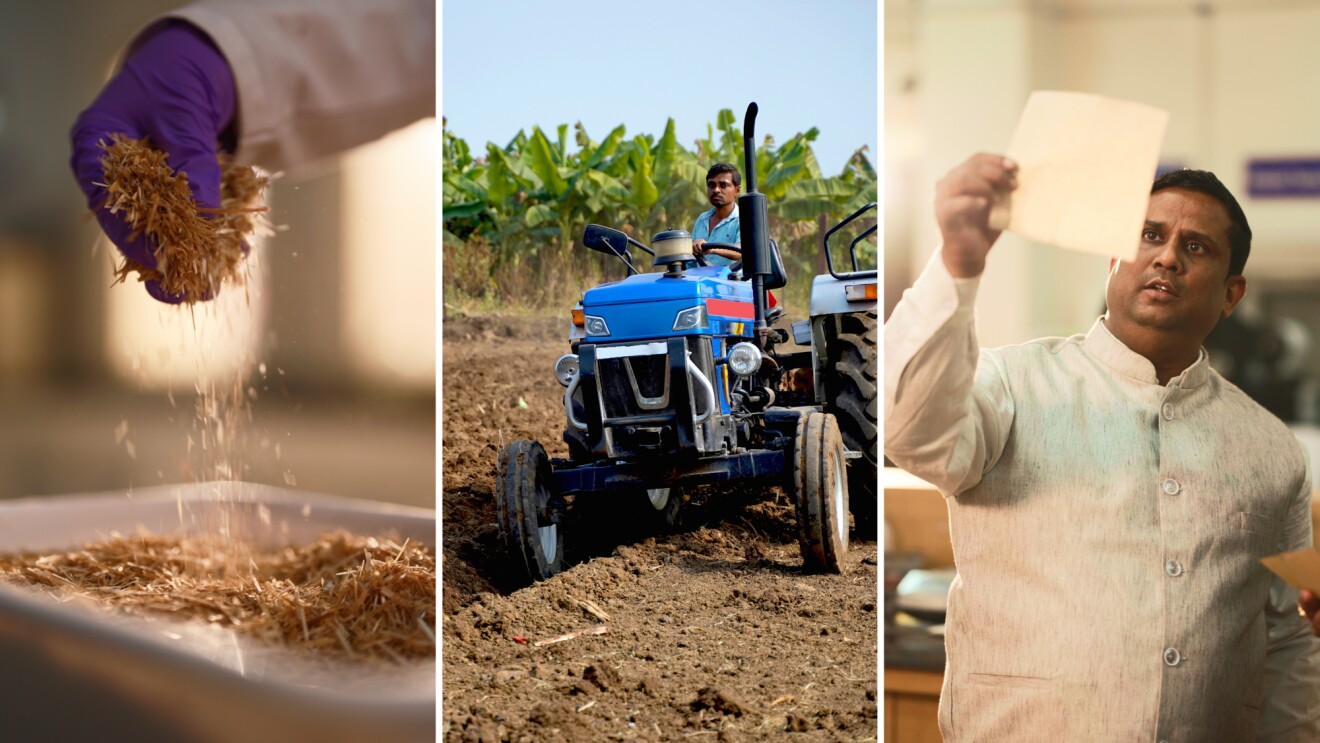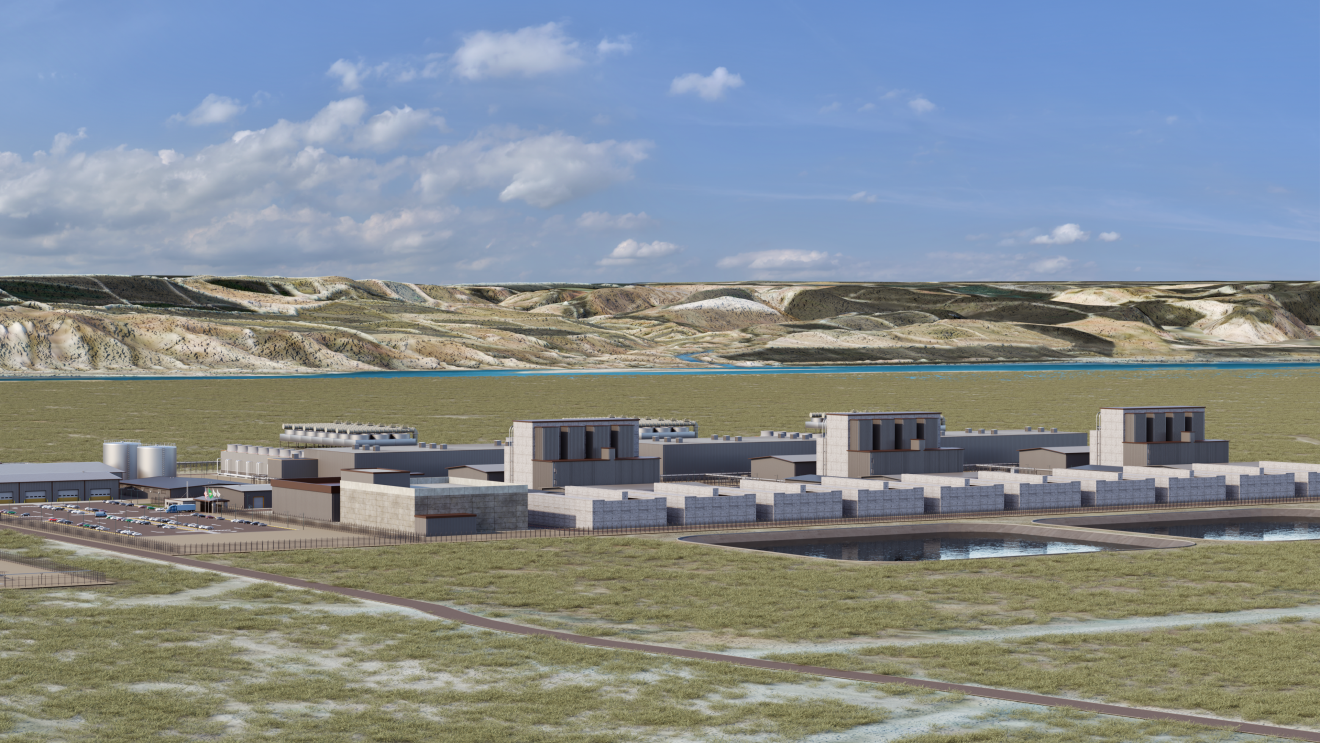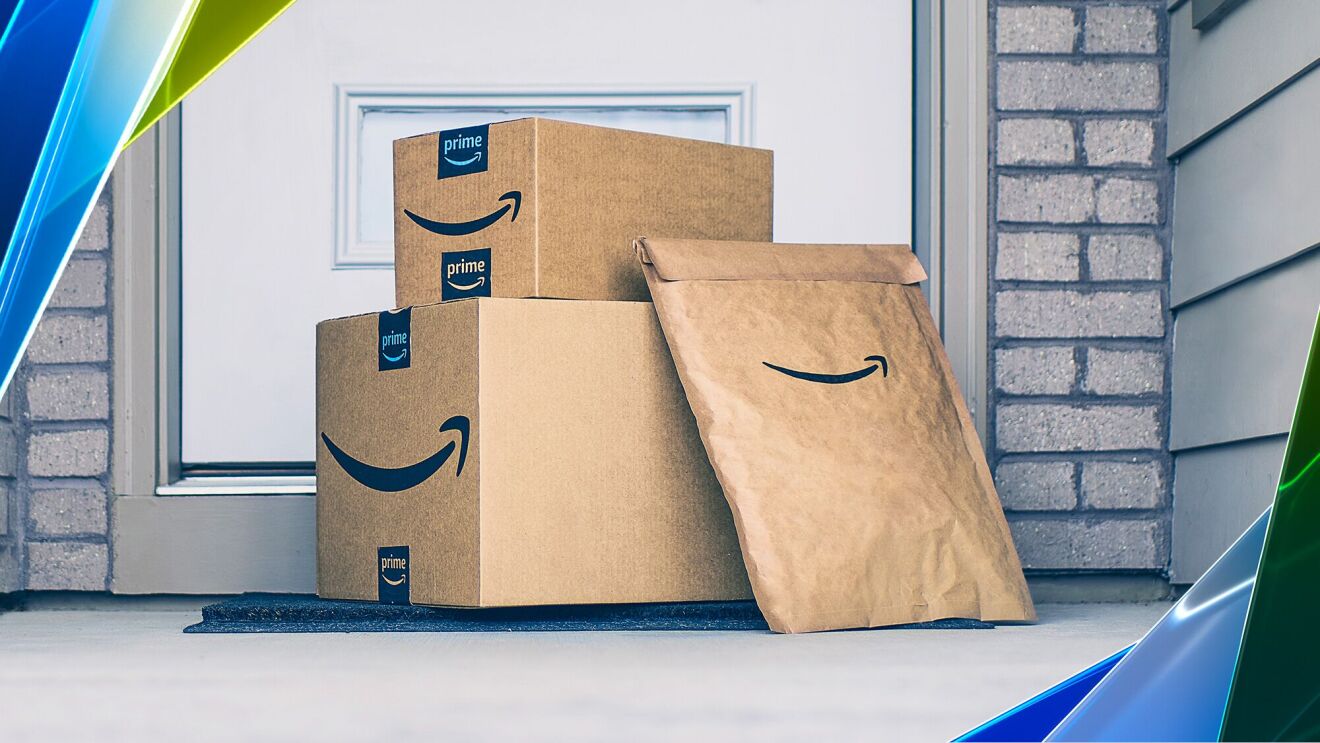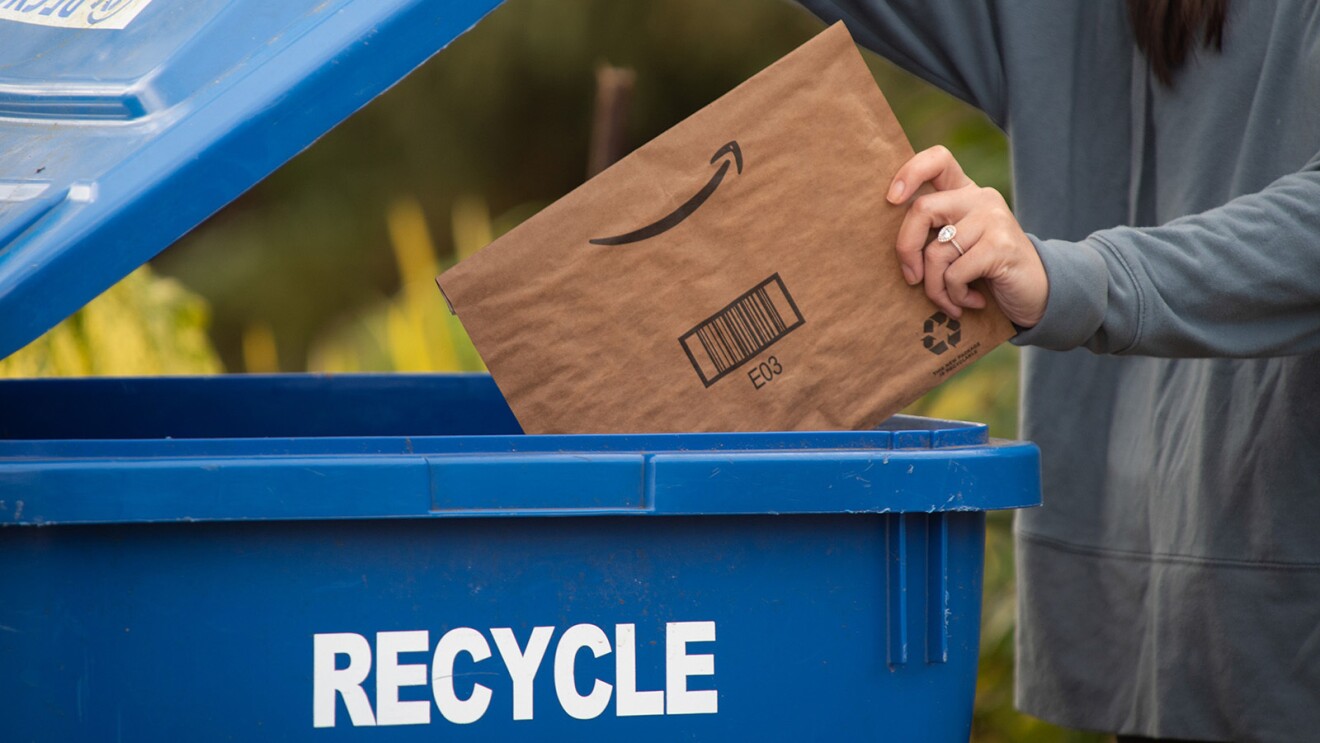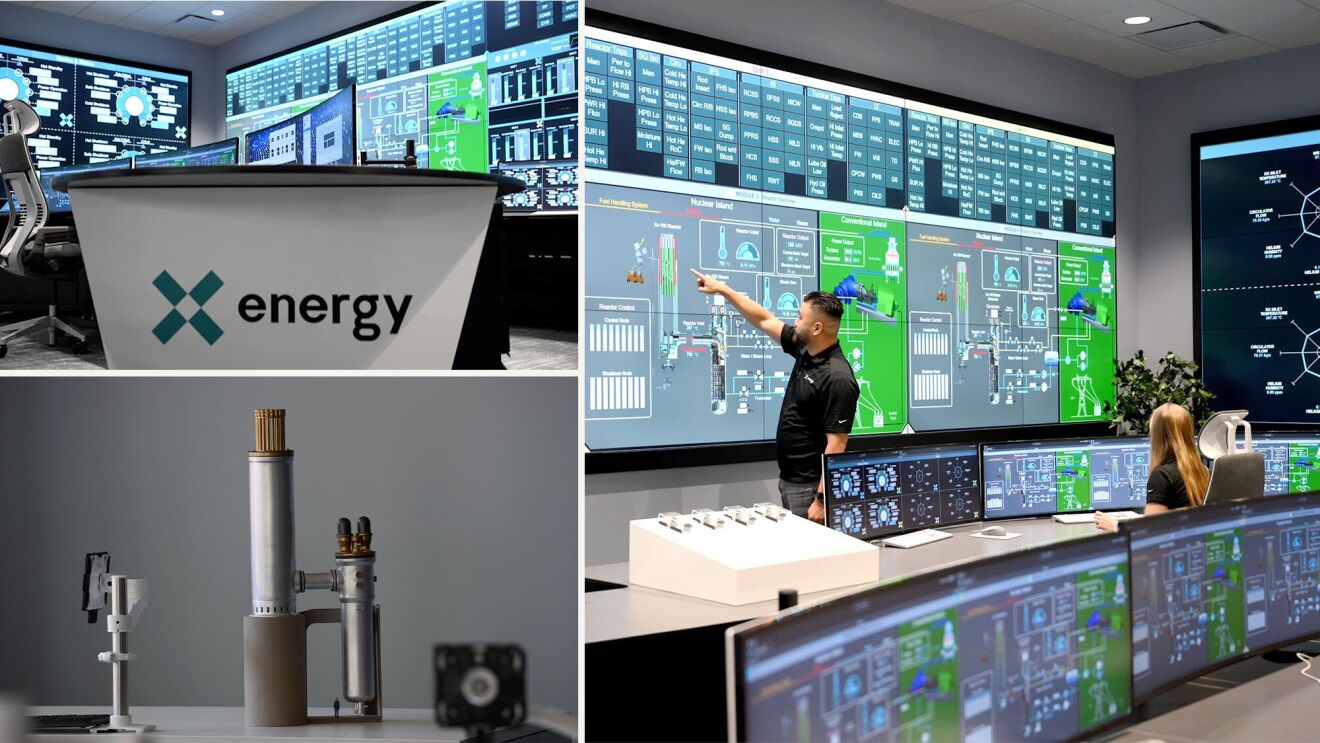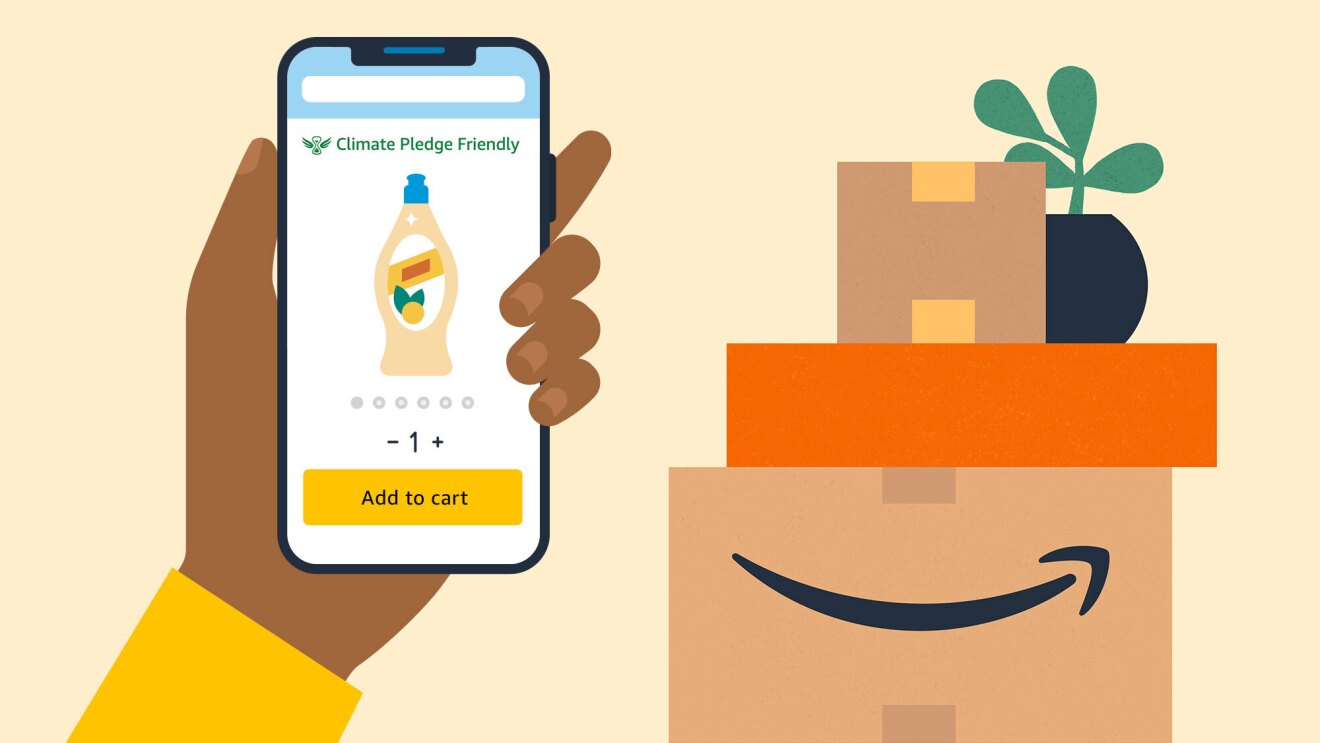One Roof Foundation and Climate Pledge Arena, in collaboration with Amazon, are providing $500,000 in funding to nonprofits in the Seattle area to advance environmental justice and positive social change. The nonprofits largely represent Black, Indigenous, and people of color (BIPOC) communities and underserved areas.
One Roof Foundation is a 501c3 organization that serves as the philanthropic arm of Climate Pledge Arena and the Seattle Kraken. By leveraging the collective resources and shared values of Climate Pledge Arena and the Seattle Kraken, One Roof Foundation aims to help advance meaningful change in Seattle and the surrounding area. The foundation envisions a more equitable society and a healthy planet where everyone can realize a brighter future.
Climate Pledge Arena, located at the Seattle Center, is officially opening on October 22 and is expected to be the first arena in the world with net-zero certification. The arena will serve as a long-lasting and regular reminder of the urgent need for climate action. Its name was derived from The Climate Pledge, which was founded by Amazon and Global Optimism in 2019 to encourage companies to take action to reach net-zero carbon by 2040 or sooner.
Grants are being awarded to nonprofits based in and around Seattle that support environmental justice and advance equity and social change. In recognition of their incredible work, the 2021 award winners include:
- Bike Works, a South Seattle-based nonprofit that makes bicycling accessible and affordable to help empower youth and address climate change.
- Earthlab, a University of Washington initiative pushing boundaries and developing innovative, just, and equitable solutions to environmental challenges.
- Chief Seattle Club’s Sovereignty Farm project, a seed-to-table social enterprise that provides ways for Indigenous elders, apprentices, artisans, and farmers to grow Native foods and focus on land stewardship and food sovereignty.
- Duwamish River Clean Up Coalition, a community-based nonprofit representing the residents of the the Duwamish Valley region of South Seattle. The group is focused on increasing youth engagement and education, supporting placemaking and placekeeping, improving air quality and respiratory health, and combatting the hyper-local impacts of climate change.
- Lake City Collective, a grassroots, volunteer-run nonprofit advocating for a clean and safe environment for the families and youth from diverse communities in Seattle’s Lake City neighborhood.
- Seattle Parks Foundation, a nonprofit partner to Seattle Parks and Recreation that brings people together to create a thriving, accessible, and connected system of public space for all people.
- Spark Northwest, which partners with communities to build an equitable clean-energy future for all.
- Transportation Choices, a policy and advocacy nonprofit dedicated to making transportation accessible to all in Washington state.
01 / 03
The grants will support the organizations’ critical work across Seattle. Learn more about some of the projects below:
Environmental Justice in Duwamish Valley: Duwamish River Clean Up Coalition (DRCC)
The Duwamish Valley, including the Georgetown and South Park neighborhoods, face disproportionately high environmental health burdens and exposures, and fewer positive environmental benefits than the rest of Seattle. The environmental exposures identified include the highest concentration of diesel and benzene particles in the air in the entire city.
The Duwamish River Clean Up Coalition is a critical advocate, supporter, and convener for the people, wildlife, and land located in the Duwamish Valley region. The organization came into existence in 2001 to represent the local community in the cleanup of the Duwamish River Superfund Site. Since that time, DRCC has led several grassroots and cross-sector initiatives to achieve a more just and sustainable environment for the local community.
Focus areas include increasing youth engagement and education, supporting placemaking as a way to collectively reimagine and reinvent public spaces, improving air quality and respiratory health, and combatting the hyper local impacts of climate change. The new grant will enable DRCC advance its work by investing in equipment, people, and initiatives to offset the disproportionately high environmental risk factors in the neighborhood.
Supporting the Urban Native community: Chief Seattle Club’s Sovereignty Farm
Chief Seattle Club is a Native-led housing and human services agency and believes a world without homelessness is possible by leading with Native values. The organization strives to provide a sacred space to nurture, affirm, and renew the spirit of urban Native people.
Chief Seattle Club’s job rehabilitation program, Native Works, has introduced Sovereignty Farm, a new seed-to-table social enterprise that will provide opportunities for Indigenous elders, apprentices, artisans, and farmers to grow and serve traditional foods. The food will be available at the Chief Seattle Club center and at the café that will be open to the public in the organization’s new building at Pioneer Square.
Grant funds will support Sovereignty Farm’s staffing, maintenance, and ongoing programming through 2022, with a focus on educating Native and non-Native people on the impacts that climate change has on farming and agriculture. Education will also detail the history of the Native community as the original and ongoing stewards of our lands, and the meaning and significance of food sovereignty.
Protecting Local People and Land: Lake City Collective (LCC)
Lake City Collective is a volunteer-led, grassroots nonprofit that partners across sectors to ensure the local multicultural North Seattle community is respected and heard. The group works to make sure that local business and residential areas are safe and walkable, and that the water, green space, and air are clean and accessible.
Grant funds will help the LCC support its environmental justice events and programming, such as the creation of local community gardens, cultivation of green spaces, neighborhood clean-ups, and the Little Brook Youth Corps.
01 / 03
Using our scale for good
The grants and collaboration are part of Amazon’s ongoing mission to support communities in Seattle and globally. Since 2010, Amazon has created more than 80,000 jobs in Washington and invested more than $129 billion across the state, including in infrastructure and compensation. These investments have contributed an additional $112 billion to the Washington economy and support 258,000 jobs in addition to those that the company directly creates—from jobs in construction and logistics to professional services. More than 46,000 independent authors and small and medium-sized businesses in Washington are currently growing their businesses with Amazon.
Amazon also looks to leverage its innovative assets to strengthen communities around the world where Amazon employees live and work. Some ways the company is supporting communities include making sure more young people learn about STEM and computer science through Amazon Future Engineer; addressing “Right Now Needs” to help ensure basic needs are met in order for students to be successful at school; providing relief to global communities following natural disasters, including through its Disaster Relief Hub; and supporting innovative housing affordability initiatives for moderate- to low-income families.




